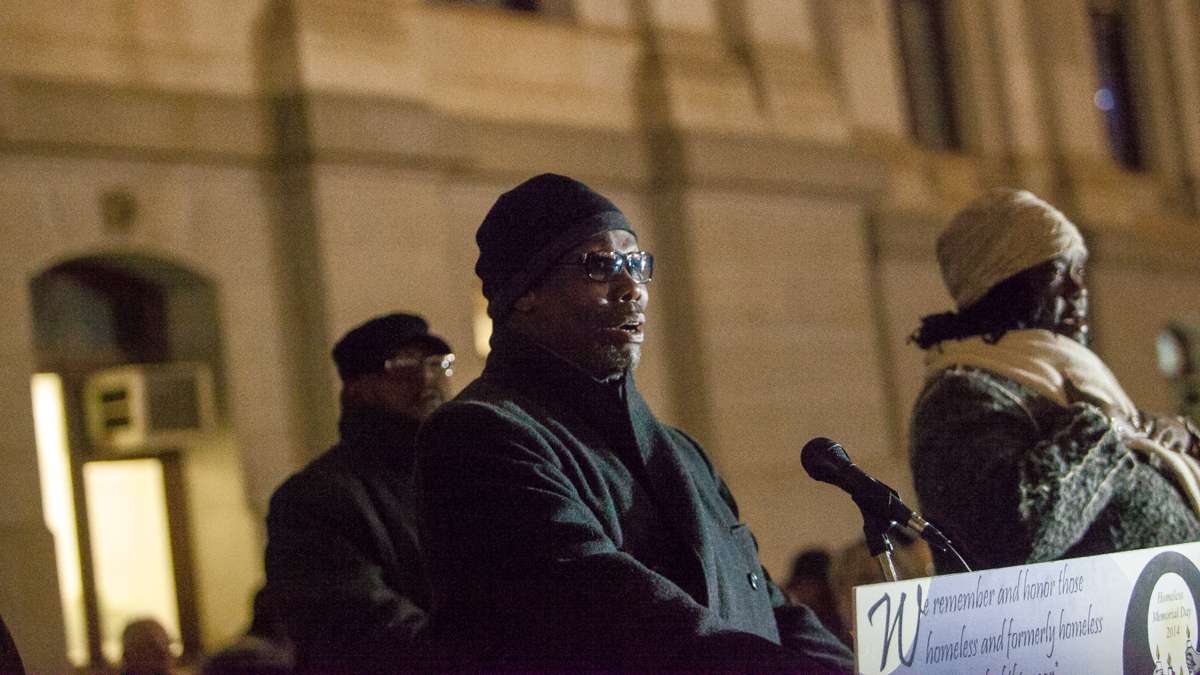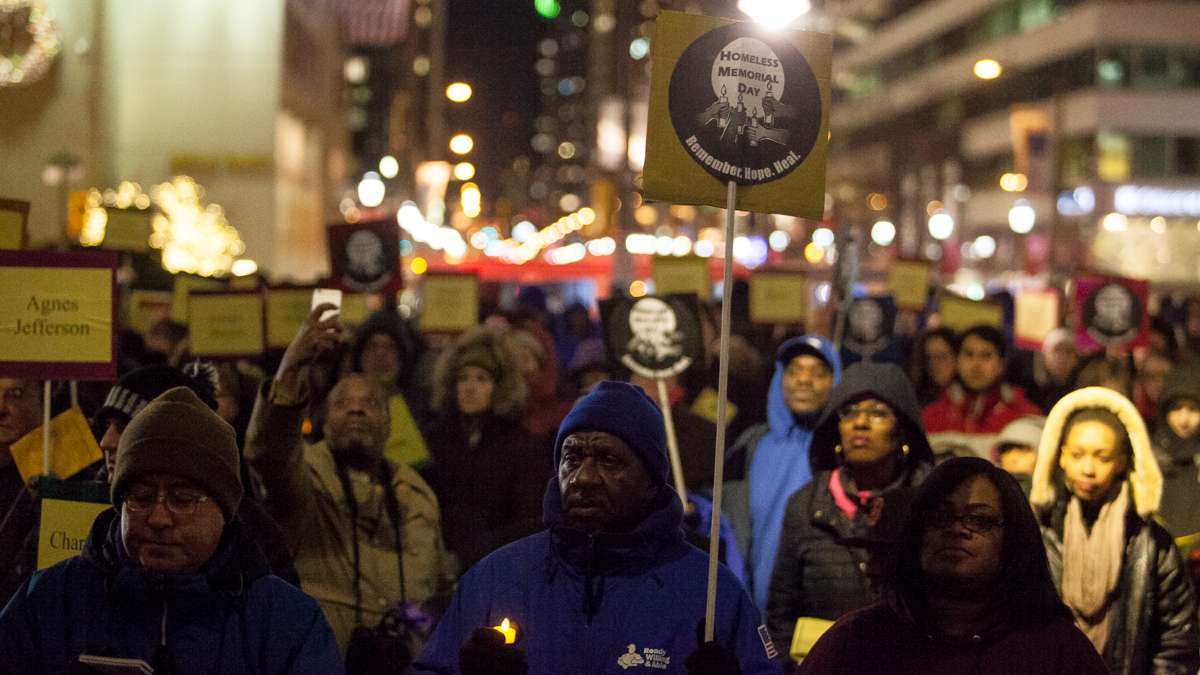Feds approve Leidy Southeast pipelines in New Jersey
The federal government yesterday approved a new natural-gas pipeline project through portions of central New Jersey, a proposal much opposed by environmental groups and towns, which argued that it would go through environmentally sensitive lands, forests, and critical habitats.
Leidy Southeast project website
While modest in comparison to as many as 11 other natural-gas pipeline projects pending in the state, it still provoked hostility, primarily because it would go through protected public land and farmland, as well as the Sourland Mountains.
The proliferation of new gas and other pipelines has become a big issue in New Jersey, largely because many of the projects that have been approved go through lands set aside with taxpayer funds for preservation, including the New Jersey Highlands and the Pinelands Preservation Area.
Yesterday, the state Assembly approved a resolution with bipartisan support (AR-191) opposing a proposed oil pipeline that also would run through parts of central Jersey. The Legislature is working on a bill (S-570) that would increase compensation from energy projects on public lands.
The projects all are aimed at delivering cheap natural gas from the Marcellus Shale formations in Pennsylvania to heat homes and power the plants that produce electricity — both at significant savings.
In this case, however, the Transcontinental Gas Pipeline Co., the sponsor of the project, said the proposal will allow gas to be delivered to customers as far away as the Carolinas, according to Chris Stockton, a spokesman for the company.
“This federal authorization is a major milestone and the culmination of a tremendous collaborative effort more than two years in the making,’’ the company said in a statement. “Once in service next winter, the Leidy Southeast project will provide additional natural-gas supplies to local distribution companies and power generators all along the East Coast.’’
“This pipeline is being cut through New Jersey to serve utility companies in the south,’’ said Jeff Tittel, director of the New Jersey Sierra Club, one of several environmental groups that sought to block the project. “We have said we don’t need this gas in New Jersey and we still don’t.’’
The project, however, aligns itself with goals established in the state’s Energy Master Plan, which aims to increase gas pipeline infrastructure as a way of reducing energy bills in New Jersey, which are among the highest in the nation.
In its order, FERC said the project will not result in any adverse impact on the company’s existing customers or other pipelines. The Transco pipeline delivers approximately half of the natural gas to customers in New Jersey as well as to 35 million people in the region, according to Stockton.
“It will have minimal adverse effects on landowners and surrounding communities,’’ the FERC order said. A spokesman for the federal agency declined to comment further.
But others disputed that assessment, saying the pipeline could adversely affect preserved farms as well as wetlands. In addition, the independent Clean Air Council questioned whether the project adequately considered the health and environmental impact of air pollution resulting from the proposal, particularly methane emissions from the gas transmission system. Methane is a potent greenhouse gas contributing to global warming.
“There is no need for this pipeline,’’ Tittel said. “The purpose is to promote fracking (a controversial process banned in New York this week to extract natural gas) and the burning of fossil fuels that impact clean water and promote climate change.”
_____________________________________
NJ Spotlight, an independent online news service on issues critical to New Jersey, makes its in-depth reporting available to NewsWorks.
WHYY is your source for fact-based, in-depth journalism and information. As a nonprofit organization, we rely on financial support from readers like you. Please give today.












